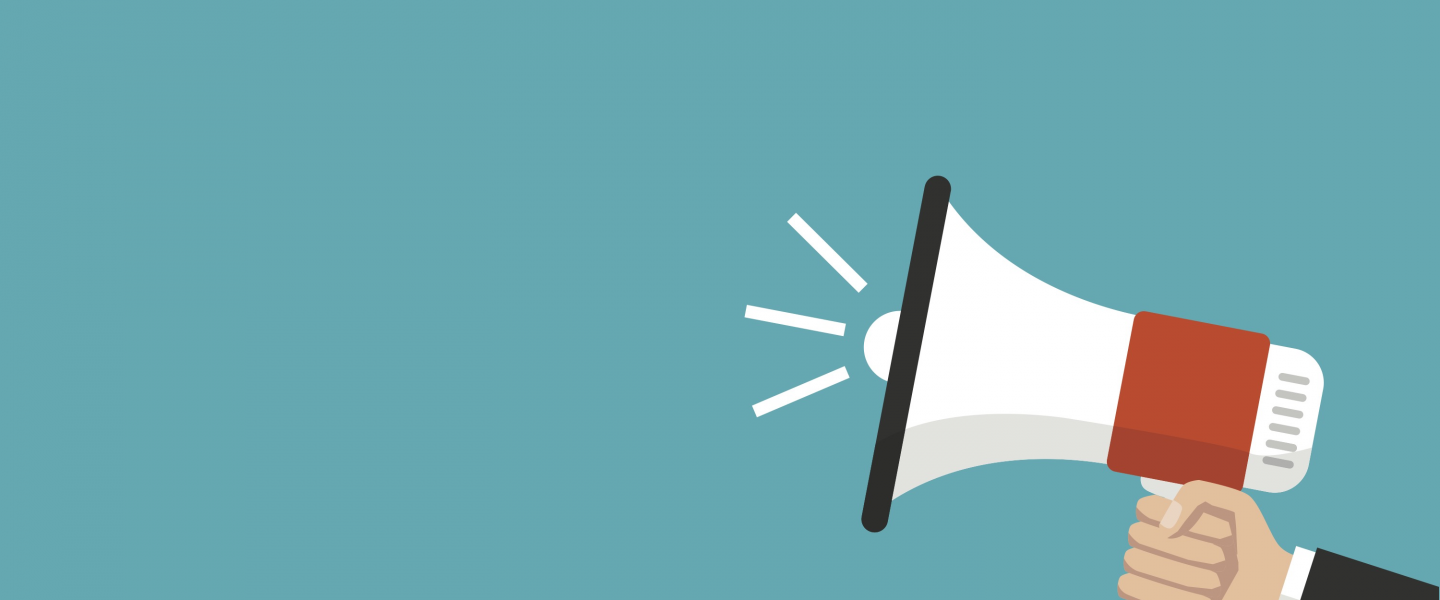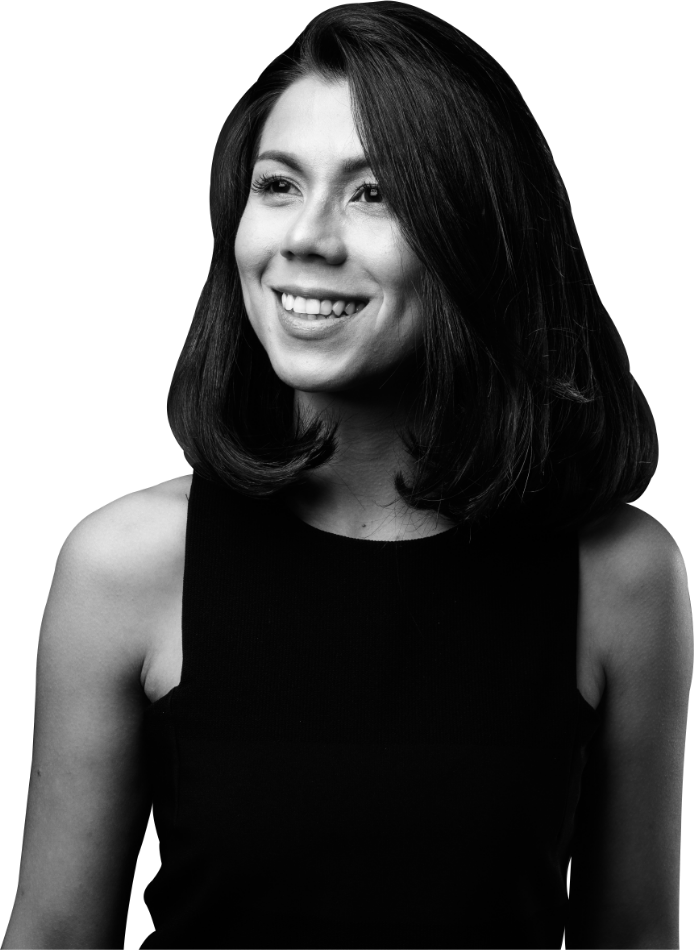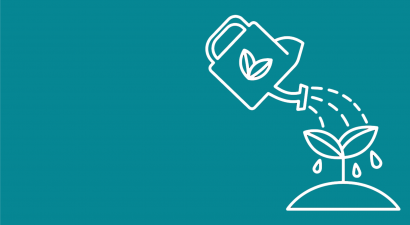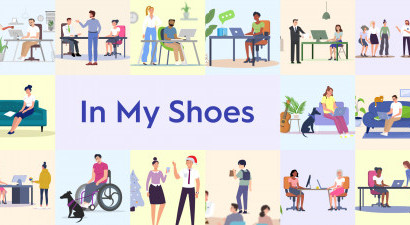At its most basic level, being an LGBTQIA+ ally means you agree in equality and fair treatment of people who identify as being within the community.
But often it can be hard for Allies to know how to show their support in any meaningful way.
Our client, O2, very much recognises the importance of having a diverse, balanced, and inclusive workforce, where people are empowered to be themselves and make a positive impact on the lives of others. In the wake of the #BlackLivesMatter movement of 2020, O2 wanted to revisit and reconsider its responsibilities around inclusion through a renewed critical lens.
Knowing it is imperative for organisations like O2 to stand up and become allies in the fight for equality, the company approached us to help create and launch an allyship programme for their employees. The aim was to help individuals to use their privilege to be a voice and create opportunities for those in underrepresented groups, pushing the D&I agenda into the mainstream through everyday inclusivity from those who have the power to help.
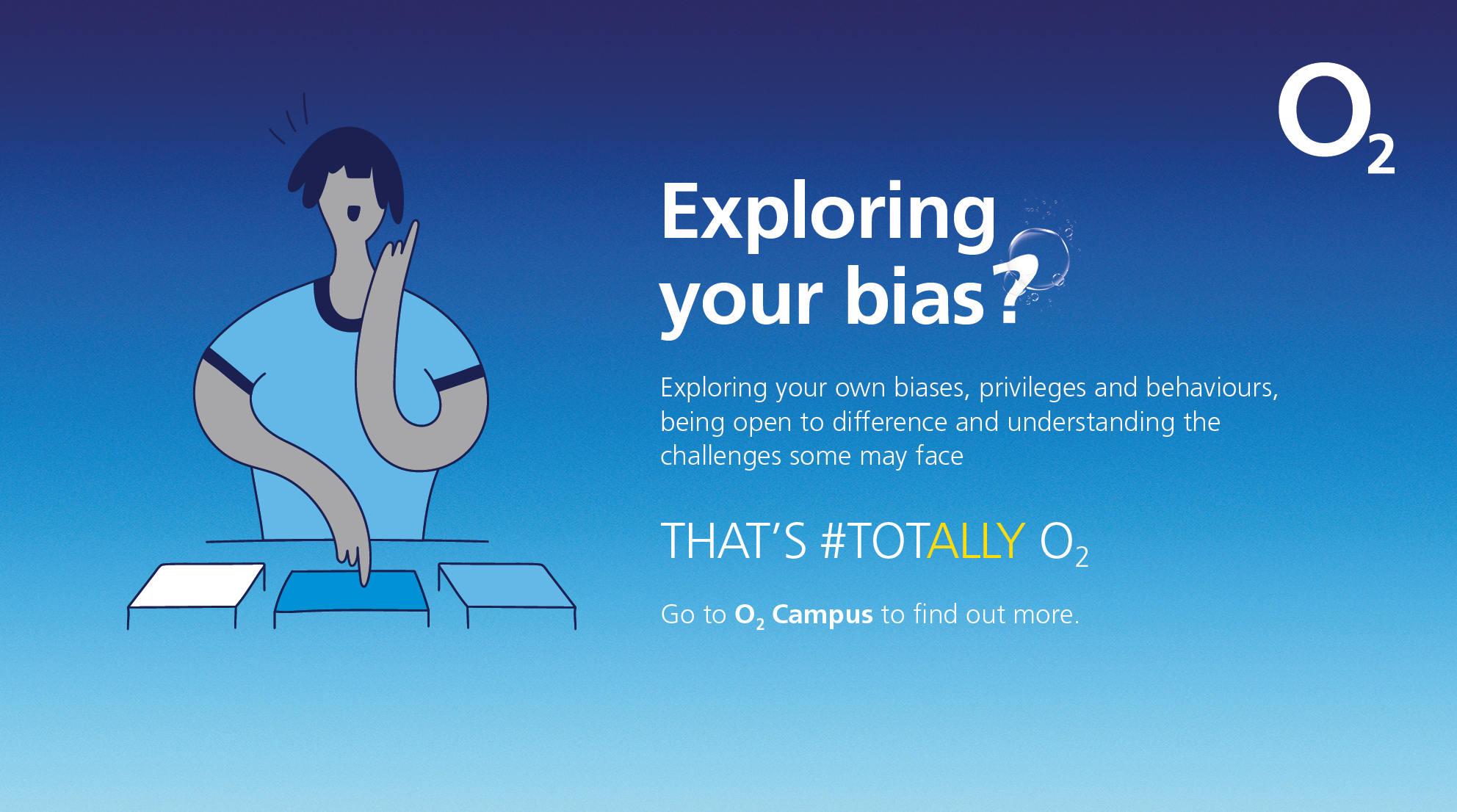
To achieve that we put together #TOTALLYO2, a campaign to be launched during National Inclusion Week. We produced hero videos, visual assets, and other internal communications to be hosted on O2’s intranet, to encourage and support employees to educate themselves and actively be inclusive allies to their colleagues. We offered new learning content via O2’s online learning platform within a dedicated ‘inclusion @ O2’ section and there were live stream activities. Due to Covid challenges we had to do all of this virtually, so we developed an illustrative style to bring to life the 3-pillar framework that underpins allyship at O2.
Levels of engagement were high, with many people from across the business sharing their perspectives via vlogs and workplace posts.
The O2 activity was so powerful because it was unique and tailored to the experiences and lives of those people working there. But there are lots of useful resources available for those people who want to do their own research into how to become a better ally. Some of the key points to consider are:
- Listen. Take in as much information as you can on the subject and really listen to what is being said.
- Become comfortable with the language used so you feel more confident talking about LGBTQIA+ issues.
- Properly educate yourself on the issues facing people in the LGBTQIA+ community.
- Confront your own prejudices and unconscious bias, even if it’s uncomfortable to do so.
- Stand up for what you believe in and challenge discriminatory or hateful behaviour where you see it.
- Avoid assuming anything about anyone’s way of life.
- Look for events, charities or awareness activity you would like to support.
- Learn from your mistakes – if you get it wrong, apologise and learn from it.
